How did Oxford become the UK's 'rock capital'?

Foals, Supergrass, Radiohead and Glass Animals are among the bands that have put Oxford on the musical map
- Published
Oxford is renowned for its university, architecture and literary greats - but did you know it is the UK's rock music capital too?
According to statistics gathered for National Album Day, external, the historic city comes out on top on a per capita basis thanks to the likes of Radiohead, Supergrass, and Foals.
With its population of 165,000 the city is something of a surprise winner, bearing in mind it outperformed the likes of London, Manchester, and Liverpool.
"Oxford massively punches above its weight," Ronan Munro, editor of Nightshift music magazine says. "We are – and it's very easy to take it for granted – blessed with great bands and a great music scene."
The figures count up the chart sales of the biggest UK rock albums by domestic artists since February 1994, when the Official Charts Company began.
'Booming scene'
Maria Rozalska, who came to the city from Poland to study at Oxford Brookes, was "surprised how many good bands were in Oxford", describing the quality as "incredibly high".
Rozalska, who soon began writing and releasing music as The Bobo, got to know the grassroots scene after playing her debut gig with local promoter Divine Schism.
"That was the moment I started meeting people and realised there are so many things you can do, there are venues and people who will support you," she says.
"One of the first people I found out about was Willie J Healey, external. I loved his music, then realised he was supporting the Arctic Monkeys and Florence and the Machine and I started noticing a lot of people from Oxford doing really well.
"It's such a small city but there are so many people who are talented, and deserve it, but also make it."

Bands like Ride paved the way for Oxford's scene to flourish in the 1990s
Oli Steadman also came to the city from abroad. The South African multi-instrumentalist joined Stornoway, the indie folk band who went on to have three Top 40 albums.
He says: "As an immigrant arriving in 2002 I could hardly believe the sheer number of concerts being run, bands being formed, club nights booming, and record studios helping artists of all kinds to hone their sound."
Gary Smith, owner of the independent Truck Music Store, thinks having a "transient population, and people coming to Oxford for different reasons who end up staying, seems to attract creative, artistic people who get together and join bands, and a lot of them have become very successful globally".
'Role models'
Ronan Munro credits the influential role the bands Talulah Gosh, Swervedriver, and Ride played in Oxford's "nascent" music scene in the late 1980s.
"From that things strengthened and grew and we got better venues," he explains.
"Oxford became a bit more known and a band like Radiohead could get noticed and picked up. Then it really gets a momentum, and then it's almost self-perpetuating."
He says the visibility of successful acts "means bands up their game because they've got something to aspire to - they've got role models, they see it's achievable".
Munro also thinks Oxford's underdog status may be working to its advantage.
"You can develop away from the media spotlight," he suggests.
"Instead of being suddenly thrust into the spotlight with three songs and everything to live up to - only one band in 50 will succeed under that scrutiny - here, you can get reviewed in Nightshift, you can get played on BBC Introducing, and that's more nurturing."
Recent successes include Glass Animals, whose single Heat Waves reached number one in several countries, including the US, while Artemas was the only UK artist to have a bestselling single in the global charts last year.

Indie folk band Stornoway have had three top 40 albums
But Steadman says Oxford "has to fight very hard".
"It suffers one of the highest rates of venue closure in the country, having lost many of its most critical performance spaces in recent years, with particularly disappointing fallout from the loss of The Cellar in 2019 and The Wheatsheaf in 2021," he says.
"We've had good news recently with the opening of new youth music charity-run inclusive space The Nest but this is set against a backdrop of constant battling to keep what little we have left."
Oxford City Council recently created a new role to champion live music in the city, and James Taylor, who took on the mantle, says the "cultural reach we get is astounding".
"Everyone in the council needs to understand this is all about how Oxford is viewed," he urges.
"It's about growing our local talent, and about that someone who's sitting at home having something to do wanting to find people of a similar mindset.
"We have a leadership that understands this and it's certainly looking more positive. We're taking the right steps, but there's a long way to go."

Elmiene and South Arcade are bright hopes for the future
The future of Oxford's musical output is diversifying, with R&B/soul singer Elmiene, a BBC Sound of 2024 finalist who has signed a record deal with Def Jam and Polydor, and pop punk band South Arcade, who have signed their own deal with Atlantic Records and have been regulars on the Radio 1 playlist.
However, Zahra Haji Fath Ali Tehrani, director of music educational charity YWMP, is concerned about the "huge lack of gender diversity" on the list of most successful Oxford artists.
"Privilege still prevails in the music industry regardless of genre. We know the barriers, but not much change is happening," she says.
"The misogyny in music report... states that over half of women in the industry have experienced gender discrimination, so no surprises here that the list is so male-dominated."
Steadman says a positive from the National Album Day findings is how they show Oxford is "deeply valued, not only for its creativity, but for the vital role it plays in wellbeing, community and the economy".
"This win is an important time to celebrate and also to remind each other that creating a vibrant local music culture takes a lot of hard work."
UK's top cities for rock artists (per capita)
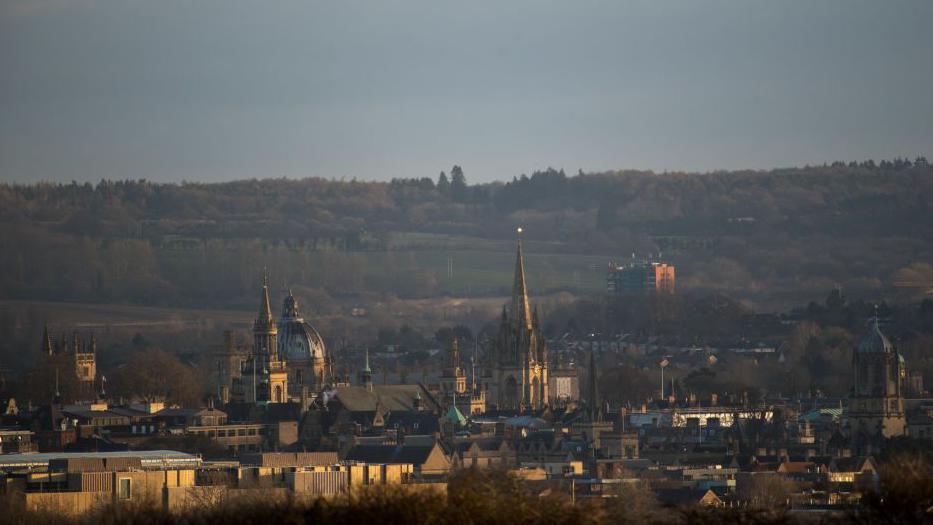
Oxford, with its population of 165,000, outperformed London, Manchester, and Liverpool
Oxford
Manchester
Liverpool
Sheffield
Glasgow
Leicester
London
Leeds
Salford
Brighton
Source: National Album Day, external based on Official Charts data
Get in touch
Do you have a story BBC Oxfordshire should cover?
You can follow BBC Oxfordshire on Facebook, external, X (Twitter), external, or Instagram, external.
Related topics
- Published7 October
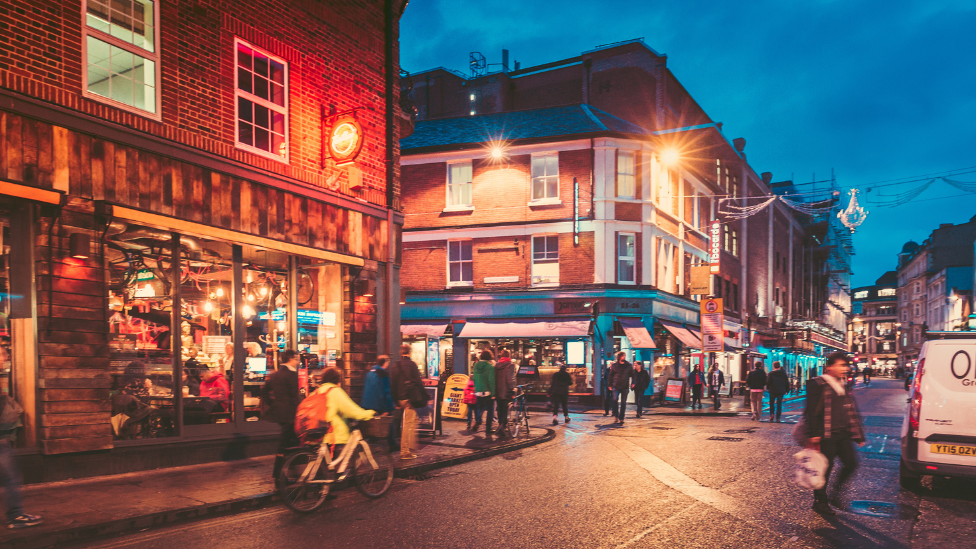
- Published12 September
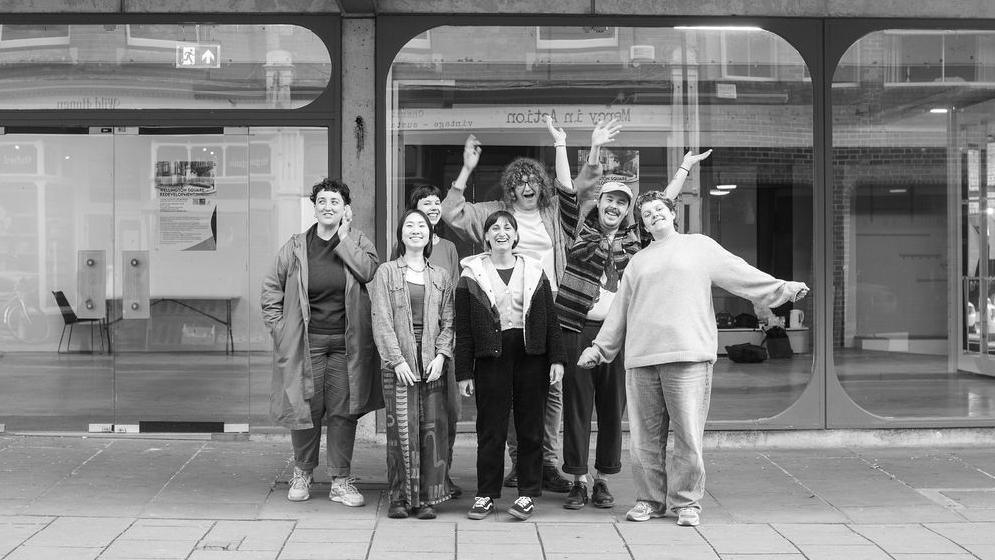
- Published9 June
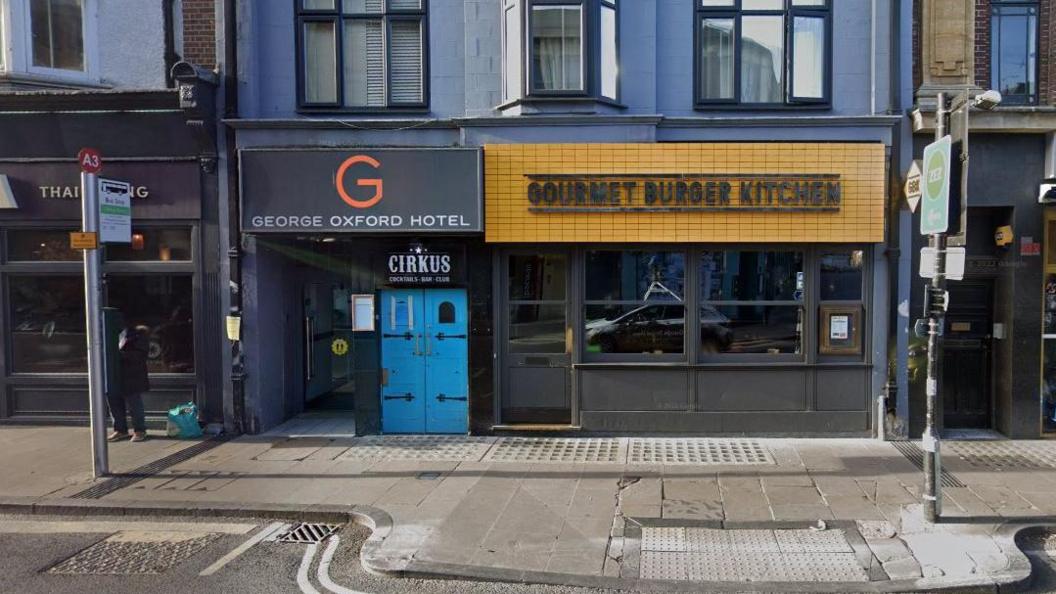
- Published19 July
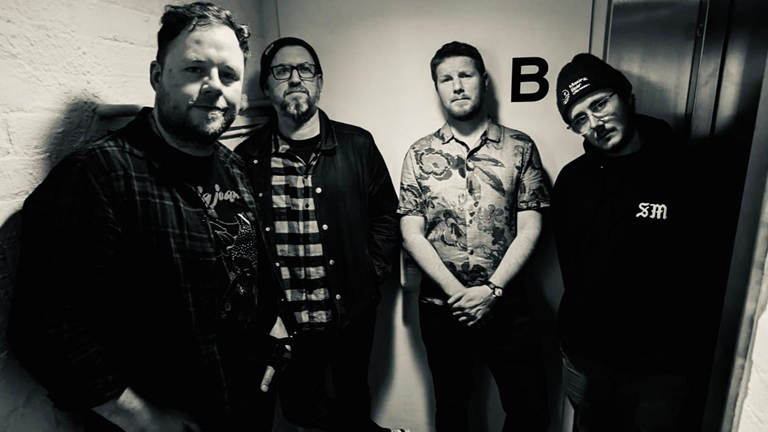
- Published7 July
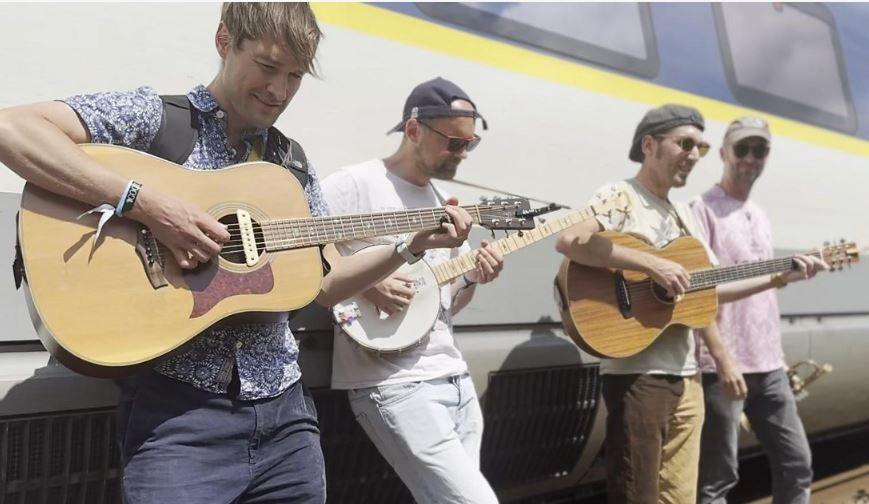
- Published11 May
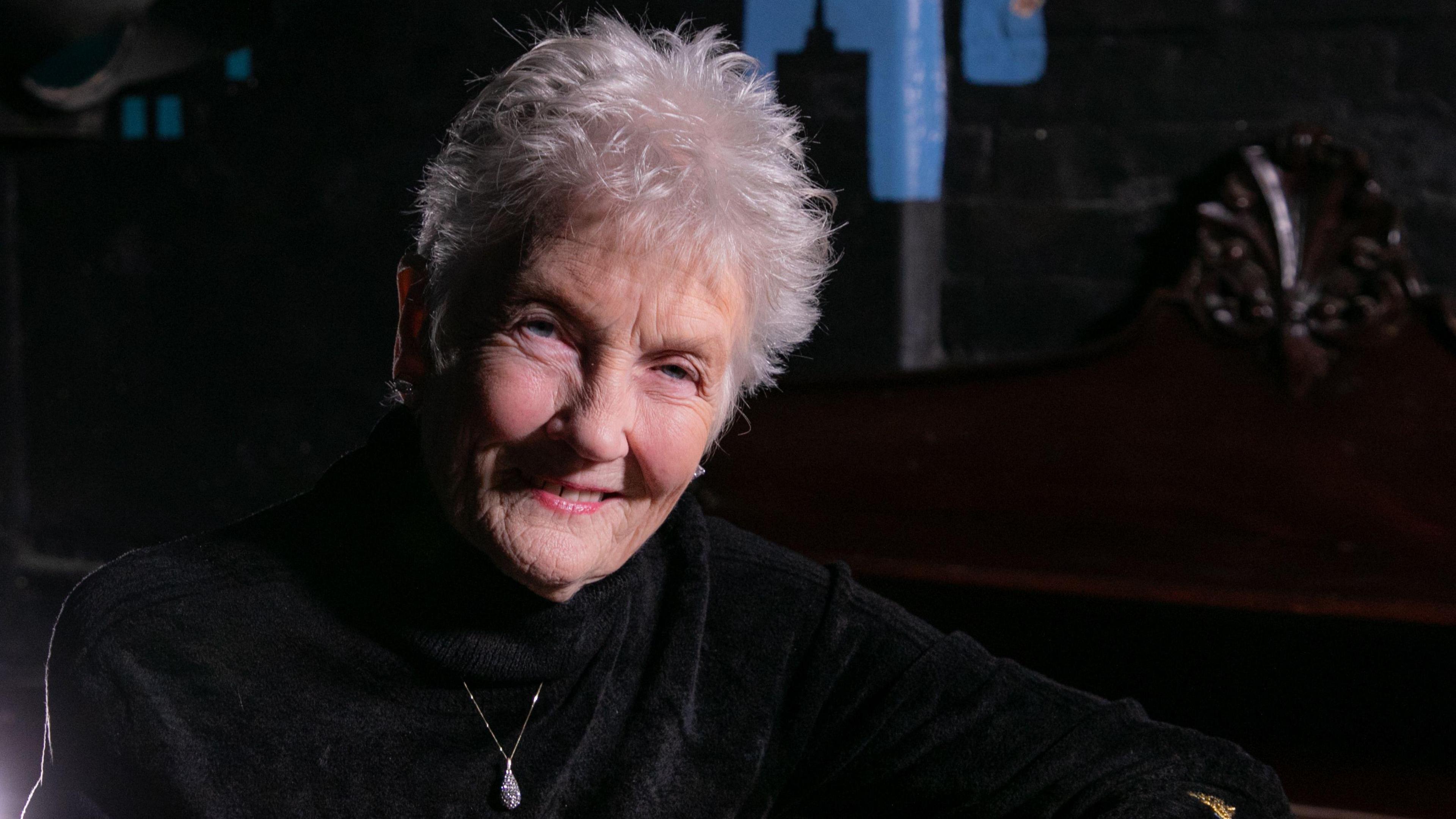
- Published28 April
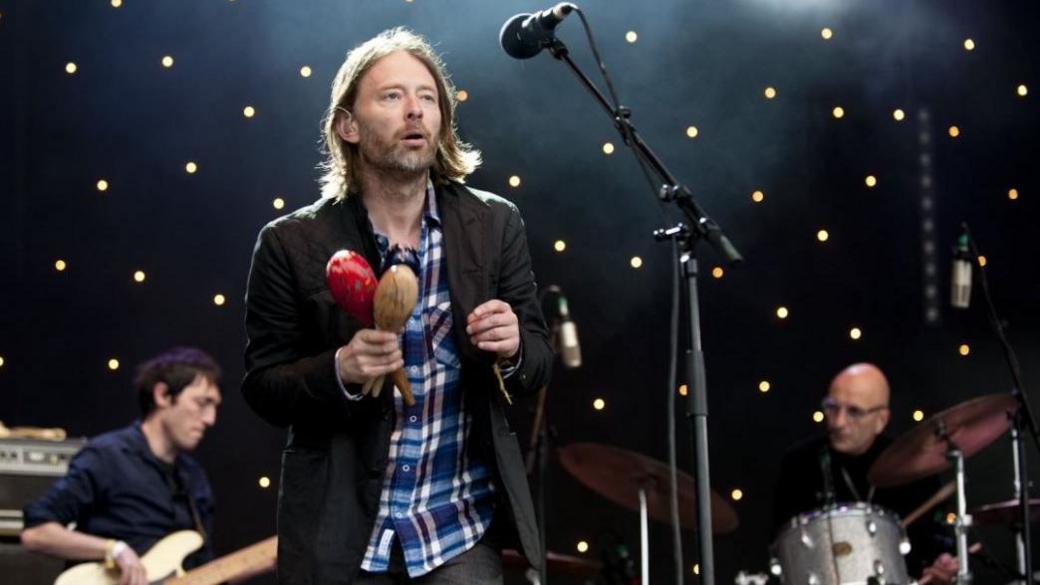
- Published21 November 2024

- Published26 September 2024

- Published13 October 2024
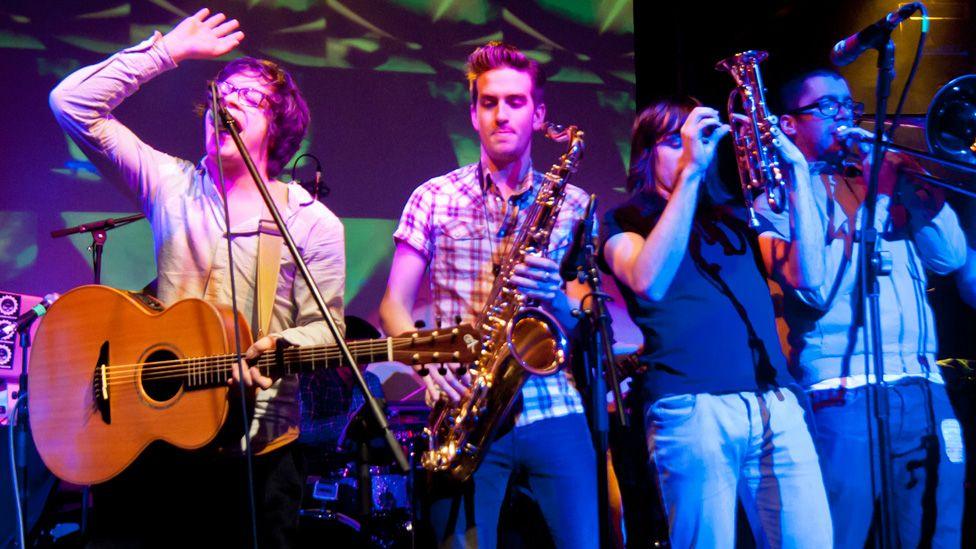
- Published16 June 2022
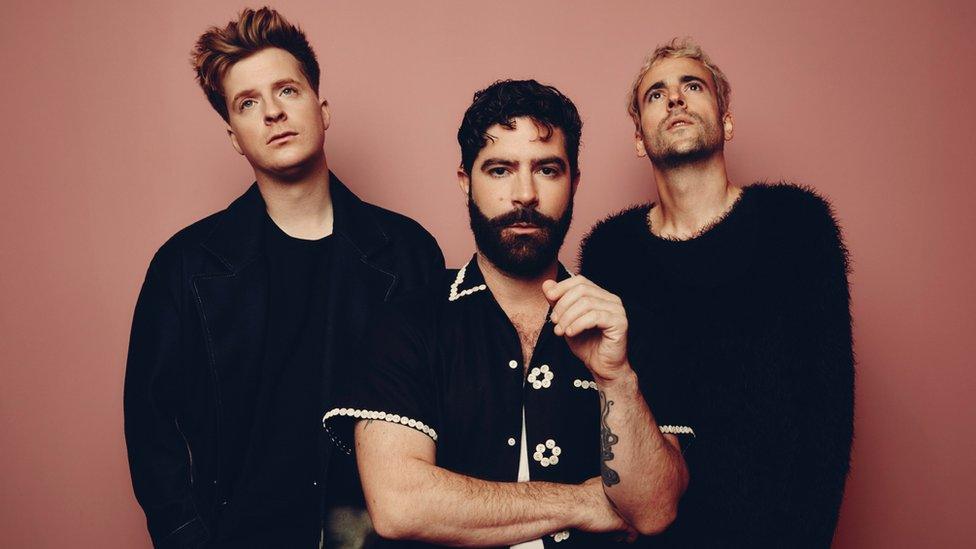
- Published9 April 2021
